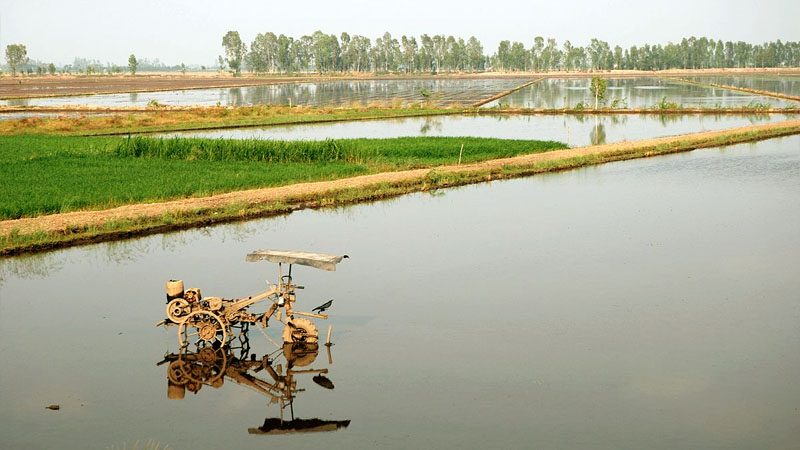Exclusive content

The Mekong River in Vietnam has historically sustained millions across mainland Southeast Asia. However, environmental degradation and climate change are threatening its viability. Factors such as saltwater intrusion, rising sea levels, land subsidence, and damming upstream are causing significant agricultural losses, particularly in Vietnam’s southern delta, affecting the region’s vital rice production.
A Shift to Shrimp Farming
In response to these challenges, there has been a push towards agricultural diversification, including the adoption of shrimp farming during the dry season. While initially successful, this transition comes with its own set of environmental concerns.
The Mekong Delta has faced centuries of exploitation and mismanagement, leading to severe environmental degradation. Issues such as land subsidence, saltwater intrusion, and illegal activities like sand mining exacerbate the region’s vulnerability.
Climate Change vs. Environmental Degradation
While climate change is often highlighted as a significant threat, environmental degradation caused by human activities is equally pressing in the Mekong Delta. Vietnam, despite contributing minimally to global emissions, faces the consequences of past and present environmental abuses.
The rice-shrimp rotation model (PRRC) has gained popularity as a climate-resilient agricultural approach. However, the transition to shrimp farming brings its own challenges, including increased resource consumption, greenhouse gas emissions, and soil degradation.
Rethinking Agricultural Policies
To address the dual priorities of economic growth and environmental conservation, there is a need for comprehensive policy reform. Initiatives focusing on sustainable agriculture, such as alternate wetting and drying technology for rice production, offer promising alternatives.